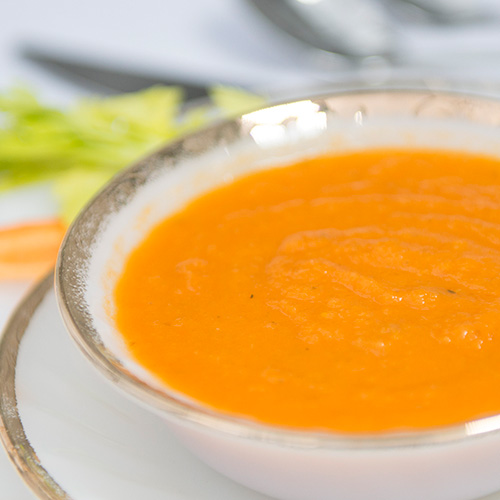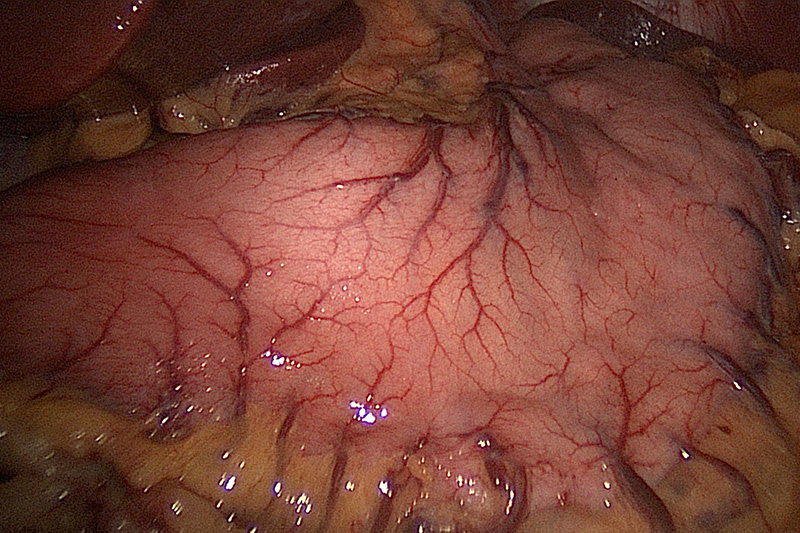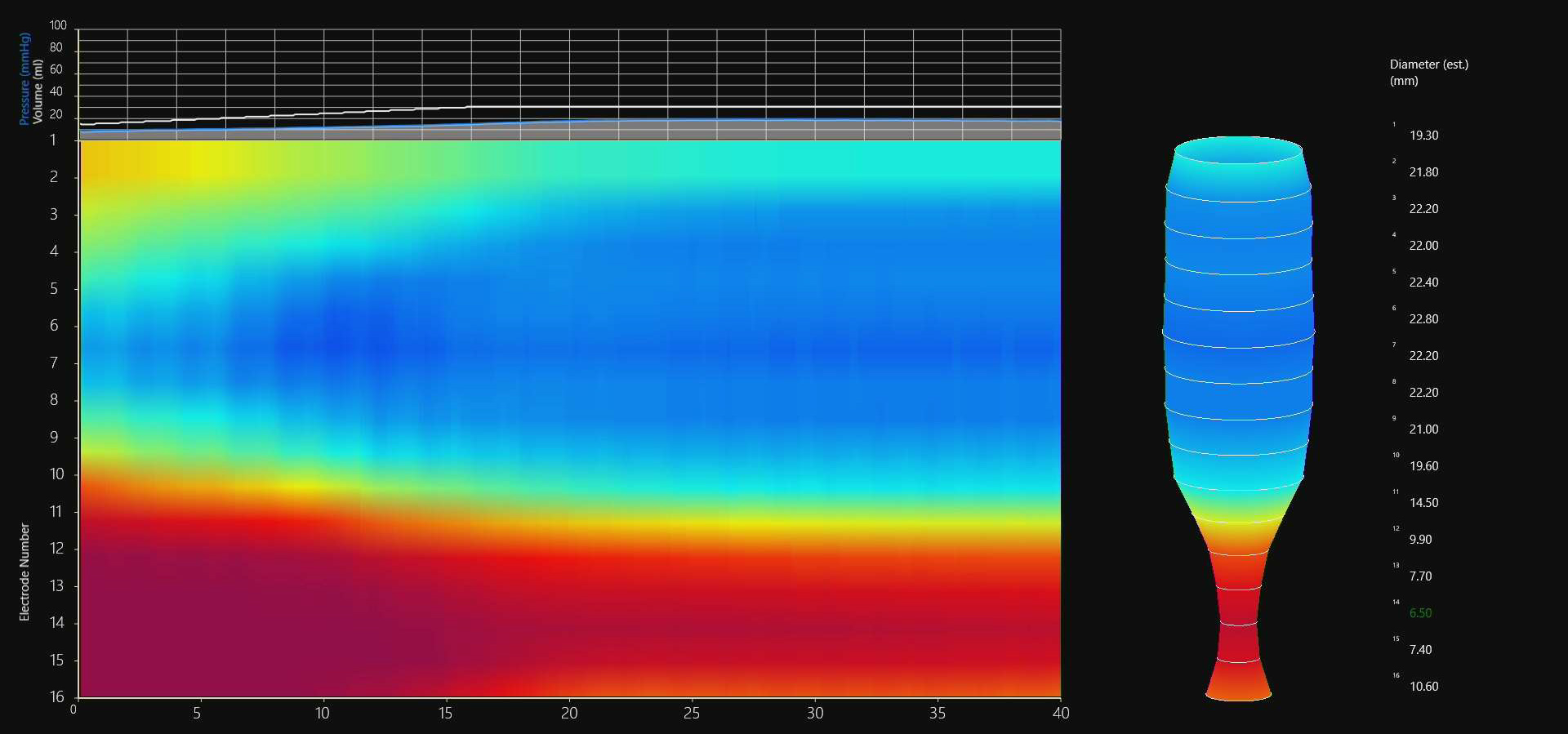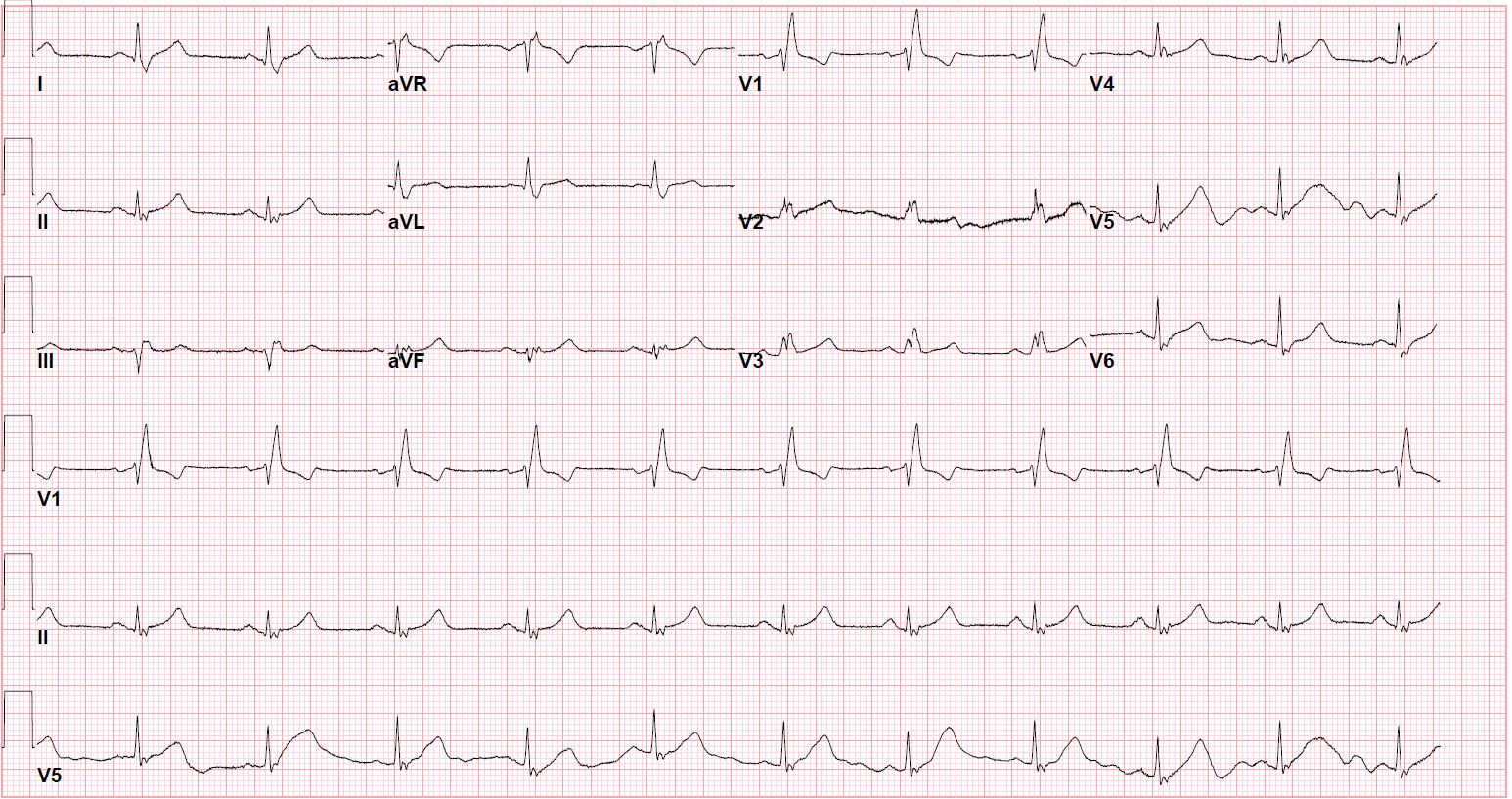In the course of a meal and after a meal, ingested nutrients activate the entero endocrine cell of stomach, pancreas and small intestine to release a group of hormones. These hormones include cholecystokinin, pancreatic glucagon, amylin, pancreatic polypeptide, oxyntomodulin, GLP-1 and Ghrelin. The release of these hormones varies with nutrient content of the food that has reached the stomach. These hormones have the potential to modulate food intake. The gut hormones signal the brain in response to food intake. This stimulates feedback from the hypothalamus and brainstem, which results in short term post prandial satiety and control in appetite. The hormones are thought to play a key role in initiation and termination of a meal. They may also influence a person against taking the next meal. All except Ghrelin have anorexigenic modulation. This refers to ability to repress appetite. Ghrelin is orexigenic (appetite stimulant). Feedback from the brain is also believed to be involved in the regulation of energy expenditures in people.










